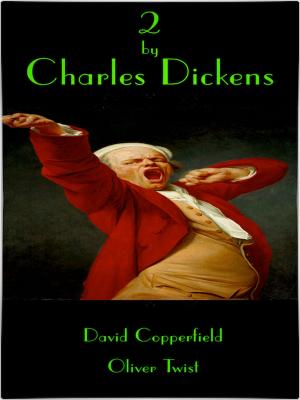| Author: | Thomas de Quincey | ISBN: | 1230001634679 |
| Publisher: | Editions Artisan Devereaux LLC | Publication: | April 11, 2017 |
| Imprint: | Language: | English |
| Author: | Thomas de Quincey |
| ISBN: | 1230001634679 |
| Publisher: | Editions Artisan Devereaux LLC |
| Publication: | April 11, 2017 |
| Imprint: | |
| Language: | English |
On Murder Considered as One of the Fine Arts
The Vision of Sudden Death
Joan of Arc
The English Mail-Coach; or The Glory of Motion
Few writers have captured the living texture of life as well as Thomas de Quincey. Masterworks of intricate creation, each of the works in this collection has stood the test of time.
In one of his most brilliant essays, "On Murder Considered as One of the Fine Arts," De Quincey proposed that the act of murder should be examined from an aesthetic, rather than ethical or sociological perspective.
He applauded murder as one of the finer “arts” of life: e.g. the biblical Cain’s act was, like opium, a royal road to the human unconscious.
He looked at the murderer's "style" and judged killings according to the precepts of taste, thereby generating a macabre dialogue about genre and literary effect in the 19th century periodical press.
One of the wonderful things about Murder is how vividly it brings De Quincey to life, and how compellingly it reveals his fascination with dreams, violence, memory, and addiction. He was fascinated by the demons released on the darkest fringes of the Romantic Movement.
(In fact, because De Quincey invented the word “subconscious,” he may have influenced Sigmund Freud.)
Ranging from gruesomely vivid reportage to penetrating literary and aesthetic criticism, these essays had a remarkable impact on crime, terror, and detective fiction.
“The English Mail-Coach, or the Glory of Motion” and de Quincey’s meditation on technology and society is just as relevant today as when first published in 1849.
Finally, with The Vision of Sudden Death and Joan of Arc, literature’s vast archives owe a major debt to Thomas De Quincey.
THOMAS De QUINCEY (1785 –1859) was an English essayist, best known for his Confessions of an Opium-Eater. His account of his opiated experiences has left an indelible print on the literature of addiction, and modern commentators continue to grapple with his legacy.
“On Murder” had a remarkable impact on the rise of nineteenth-century decadence, and anyone still smarting from the pinpricks of Oscar Wilde or James Whistler “will find most of what they said—said better in Murder as one of the Fine Arts.”
- G. K. Chesterton
On Murder Considered as One of the Fine Arts
The Vision of Sudden Death
Joan of Arc
The English Mail-Coach; or The Glory of Motion
Few writers have captured the living texture of life as well as Thomas de Quincey. Masterworks of intricate creation, each of the works in this collection has stood the test of time.
In one of his most brilliant essays, "On Murder Considered as One of the Fine Arts," De Quincey proposed that the act of murder should be examined from an aesthetic, rather than ethical or sociological perspective.
He applauded murder as one of the finer “arts” of life: e.g. the biblical Cain’s act was, like opium, a royal road to the human unconscious.
He looked at the murderer's "style" and judged killings according to the precepts of taste, thereby generating a macabre dialogue about genre and literary effect in the 19th century periodical press.
One of the wonderful things about Murder is how vividly it brings De Quincey to life, and how compellingly it reveals his fascination with dreams, violence, memory, and addiction. He was fascinated by the demons released on the darkest fringes of the Romantic Movement.
(In fact, because De Quincey invented the word “subconscious,” he may have influenced Sigmund Freud.)
Ranging from gruesomely vivid reportage to penetrating literary and aesthetic criticism, these essays had a remarkable impact on crime, terror, and detective fiction.
“The English Mail-Coach, or the Glory of Motion” and de Quincey’s meditation on technology and society is just as relevant today as when first published in 1849.
Finally, with The Vision of Sudden Death and Joan of Arc, literature’s vast archives owe a major debt to Thomas De Quincey.
THOMAS De QUINCEY (1785 –1859) was an English essayist, best known for his Confessions of an Opium-Eater. His account of his opiated experiences has left an indelible print on the literature of addiction, and modern commentators continue to grapple with his legacy.
“On Murder” had a remarkable impact on the rise of nineteenth-century decadence, and anyone still smarting from the pinpricks of Oscar Wilde or James Whistler “will find most of what they said—said better in Murder as one of the Fine Arts.”
- G. K. Chesterton
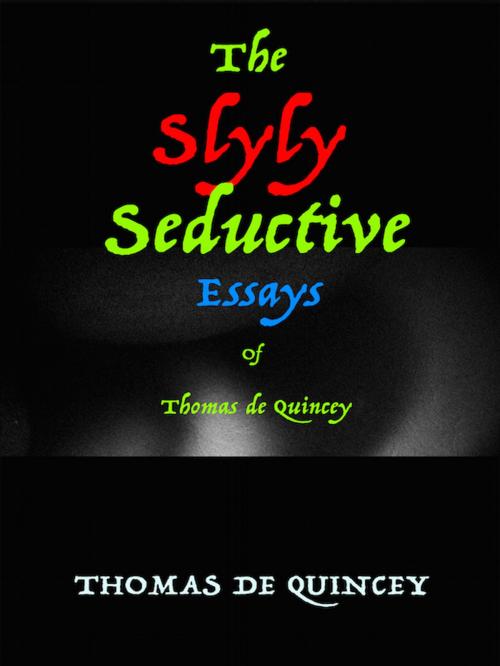
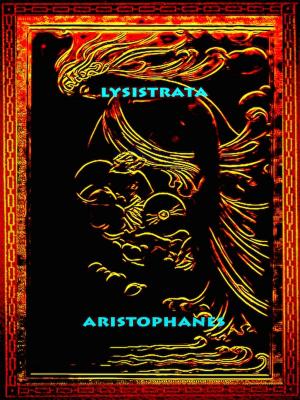
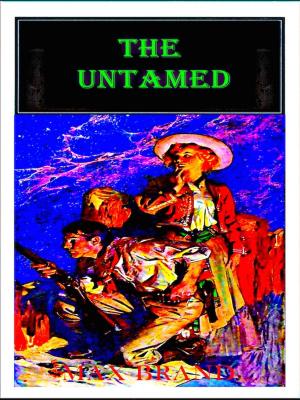
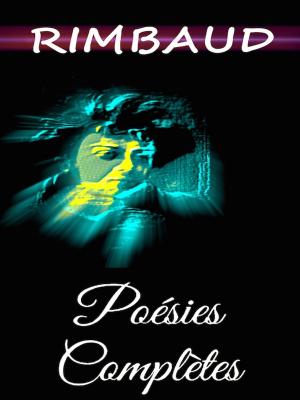

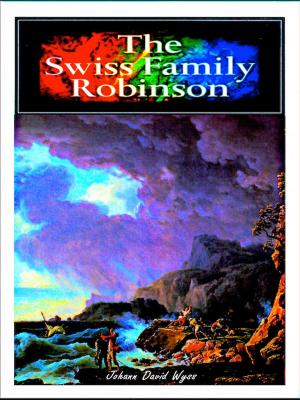



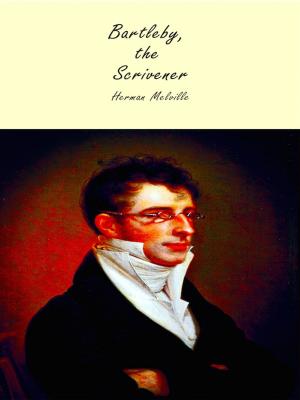
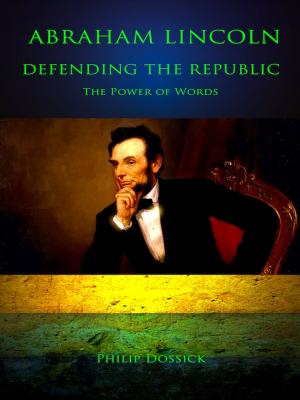
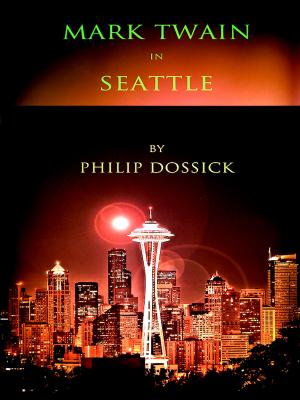
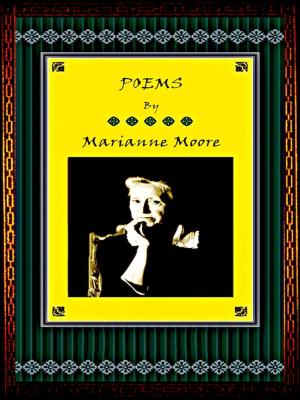

![Cover of the book Noa Noa [French language Edition] by Thomas de Quincey](https://www.kuoky.com/images/2015/november/300x300/1230000757218-SvyP_300x.jpg)
